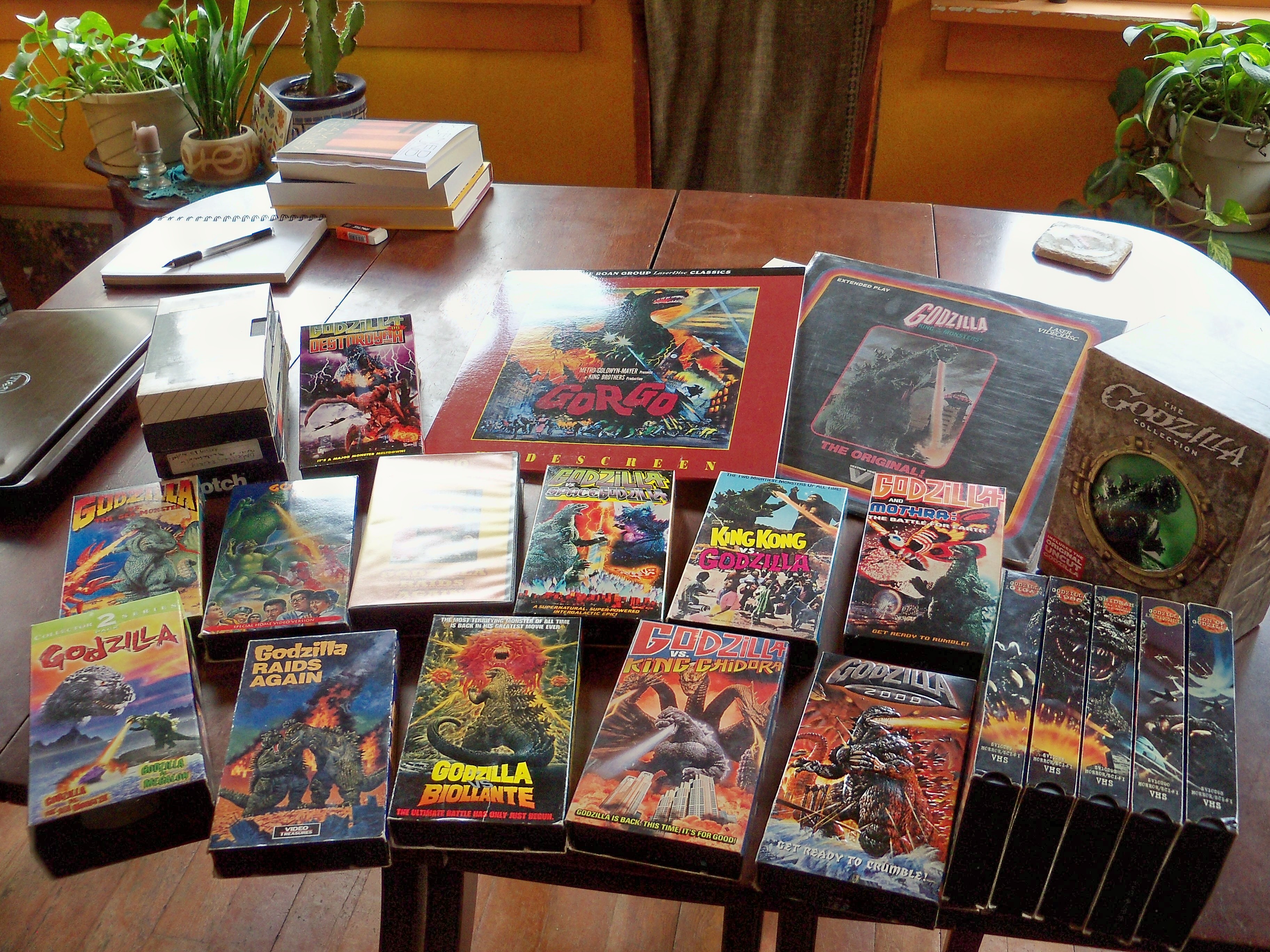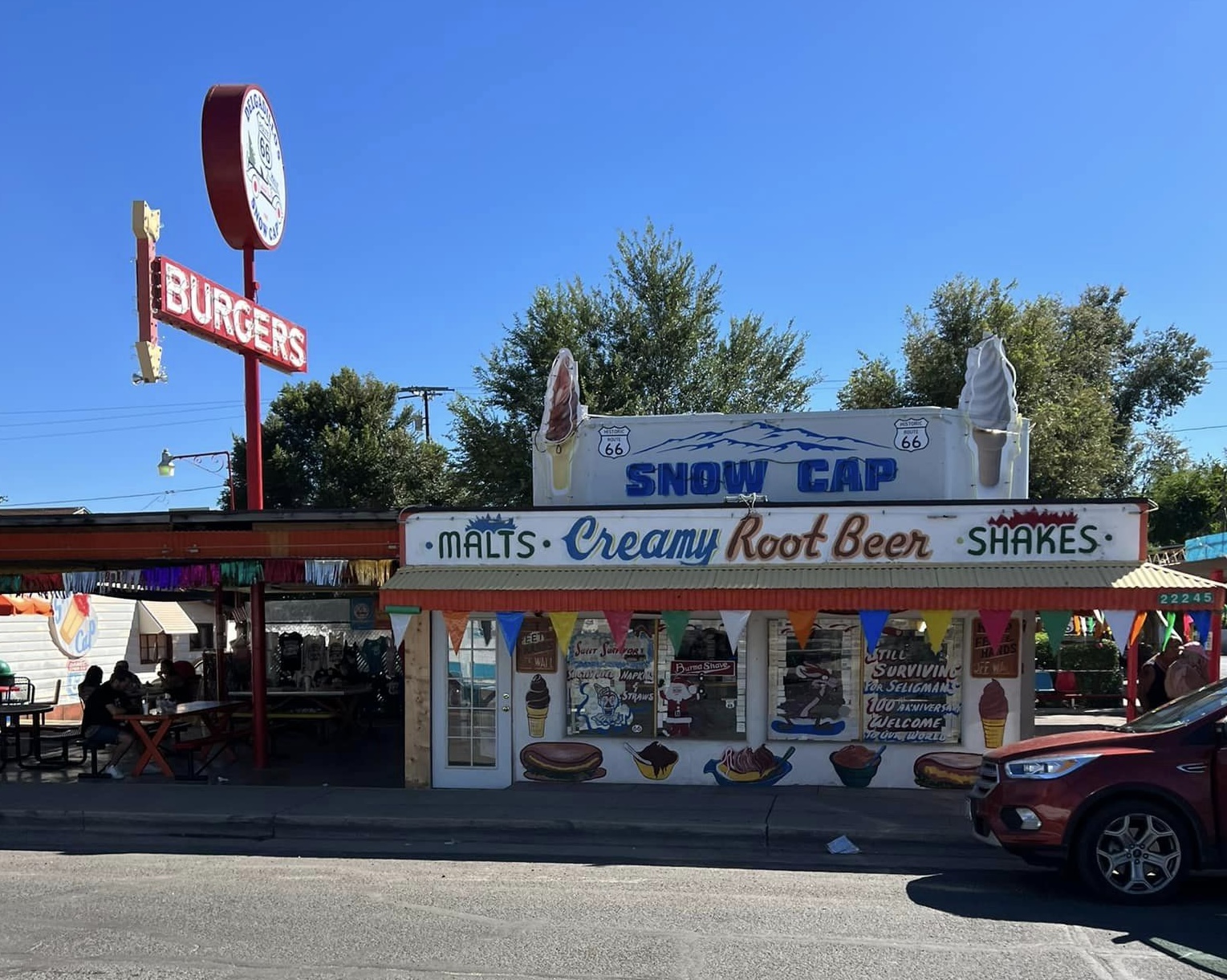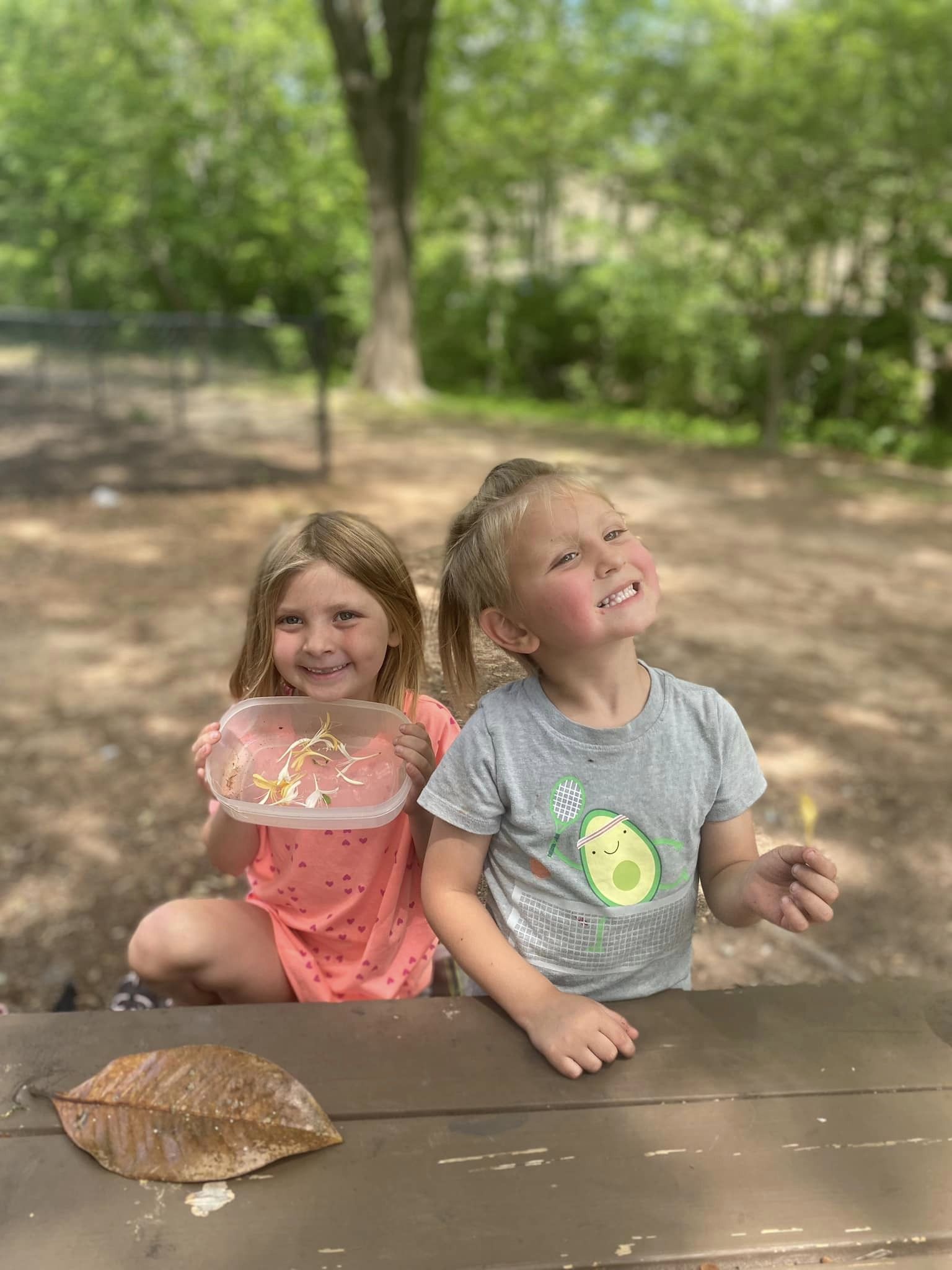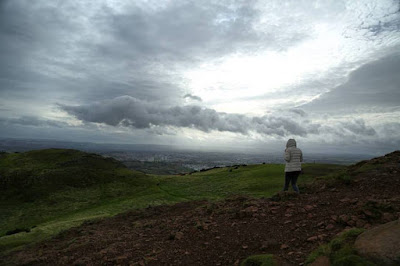Don't spend money at first. Read, meet other families, let your children have time to do what they're interested in, or what they weren't allowed to do before because of school. If they want to read or play in the yard or ride bikes or watch movies or draw or paint or play games, make that possible for them.
While the children are recovering, the parents can learn about what they want to do and why, and how. There is more online about homeschooling than anyone could ever read. Find the writers and ideas that make sense to you, and pursue that. Don't rush into anything. Parents should learn to be calm and thoughtful instead of panicky and reactionary. It's better for health and decision-making, and it sets a good example for the children. Don't live in fear when you can live in joy.
photo by Cátia Maciel



















